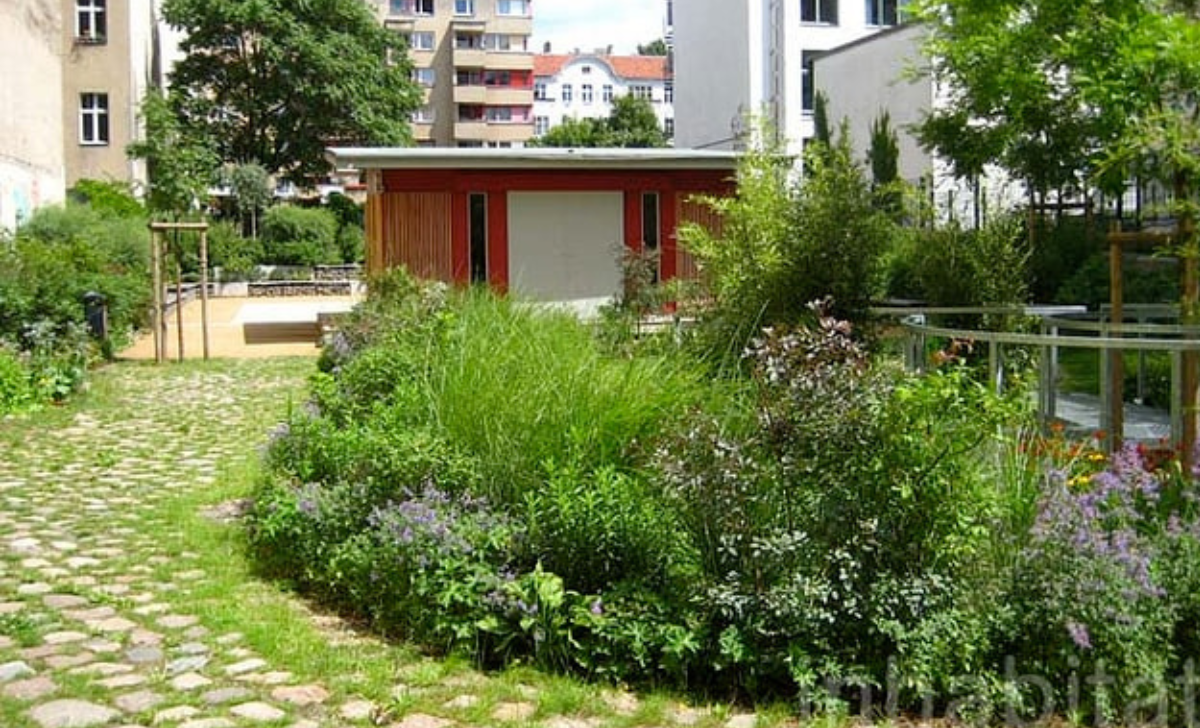When it comes to gardening, it’s not just about planting beautiful blooms or growing your own vegetables. It’s also an opportunity to give back to nature and nurture your local ecosystem through sustainable gardening practices. But what exactly is sustainable gardening, and why does it matter?
The Impact of Sustainable Gardening
Sustainable gardening is all about minimizing our negative impact on the environment while maximizing the benefits. It has three primary areas of impact:
Lowering Your Environmental Footprint at Home
One of the immediate impacts of sustainable gardening is on your home. By incorporating native shade trees into your garden, you can lower your air conditioning and heating bills, making your home more energy-efficient. Additionally, involving your children in sustainable gardening can teach them valuable environmental values, fostering a sense of responsibility towards the planet. Through composting, you can also reduce food waste, enriching your garden’s soil naturally.
Enhancing Your Lawn and Garden Sustainably

Your lawn and garden benefit tremendously from sustainable practices. Planting native species not only adds beauty but also prevents invasive species and weeds from thriving. Climate-appropriate plants require less maintenance and grow stronger, creating a lush garden with minimal effort. By avoiding fertilizers and pesticides, you ensure a safer environment for your family to enjoy the outdoors.
Promoting a Healthy Local Ecosystem
Perhaps the most significant impact of sustainable gardening is on your local ecosystem. By growing a sustainable garden, you play a crucial role in limiting the spread of invasive plant species in your community. Moreover, you reduce excess waste in local landfills by composting and minimize your water usage, contributing to the conservation of this precious resource.
Practical Tips for Sustainable Gardening
Now that we understand the importance of sustainable gardening, let’s delve into eight practical tips that can help you cultivate an eco-friendly backyard:
Waste Less Water
One of the easiest ways to make your garden more sustainable is by reducing water waste. Most gardens can thrive on minimal watering, so use a rain gauge to measure rainfall and ensure you aren’t over- or underwatering. Opt for hoses or drip irrigation systems, as they minimize water loss through evaporation. Setting up a rain barrel system is especially handy in variable weather climates, helping you collect and control runoff effectively.
Use Less Energy
Your outdoor energy consumption can also be reduced with sustainable choices. Consider using electric or push-reel mowers to maintain your lawn efficiently. Keep your mower blade sharp to maximize its efficiency and pull weeds by hand before mowing to prevent their spread. To illuminate your garden, choose solar-powered LED bulbs over fluorescent lighting. Not only are they energy-efficient, but they also cast a more natural-looking light on your landscape.
Choose Appropriate Plants
To prevent invasive species from taking over your garden, be aware of the plants native to your area. Sustainable gardeners often champion native plants, as they promote local wildlife and maximize the environmental benefits of gardening. If you opt for non-native plants, look for diverse, drought-resistant perennials to reduce water consumption and minimize end-of-season yard waste.
Minimize Fertilizer Use
While using fertilizer in your garden is not entirely prohibited, sustainable gardening aims to limit its use to prevent runoff and excessive plant growth. Start by testing your soil to understand its natural fertility and what changes, if any, you need to make. Many soils can support plant growth without added fertilizer. If your lawn or garden does require fertilizer, follow the recommended guidelines to avoid runoff. You can also enrich your soil with homemade compost, which provides a sustainable source of nutrients.
Make Your Own Compost
Composting is an excellent way to repurpose food scraps while fertilizing your garden. It encourages you and your family to become more conscious of food waste, giving it a valuable purpose in your garden. Starting small with composting can be less daunting than it seems, and the benefits are numerous. Adding compost to your soil improves moisture retention, reducing the need for frequent watering.
Save Your Seeds
Once you have an established garden, consider regenerating it with seeds from the previous year. Sustainable vegetable gardening, for example, involves regrowing tomatoes, peppers, beans, and peas from seeds you saved. You can also collect seeds from dried flowers to replant in the following year. Properly storing your seeds in a cool, dry place ensures their viability for the next planting season.
Mulch Your Gardens
Mulching is a crucial practice for nurturing a healthy, sustainable garden. It helps garden beds regulate their temperature and retain moisture, reducing water waste. Additionally, mulch suppresses weeds, minimizing the need for fertilizers and pesticides. Add organic mulch to your garden as soon as your plants are in the ground, and consider mulching open patches of soil to prevent erosion and runoff.
Keep Learning
While these tips cover the basics of sustainable gardening, it’s essential to stay informed about the latest discoveries and practices. Gardening, like any other field, evolves over time. By keeping an open mind and staying curious, you can continue to improve your garden’s health and sustainability while making a positive impact on the environment.

